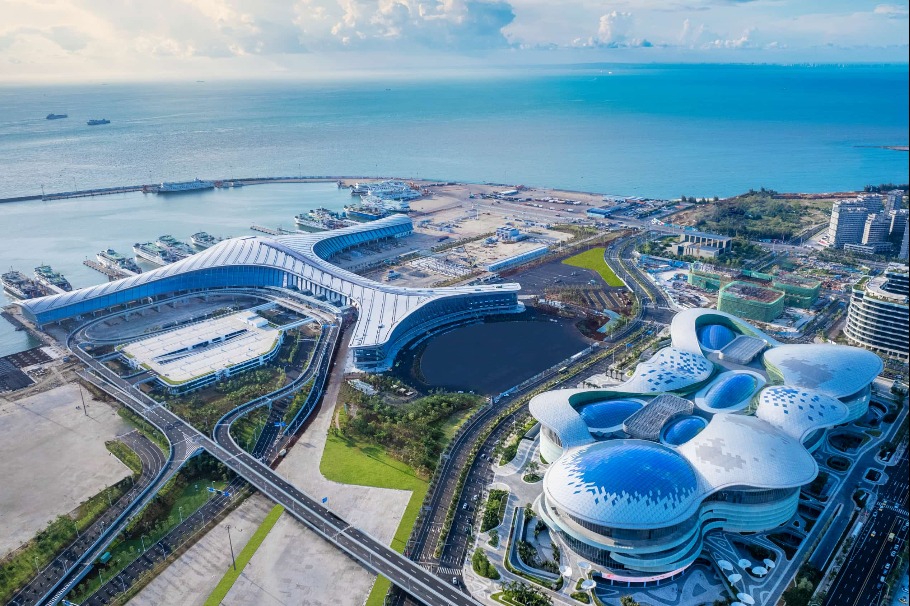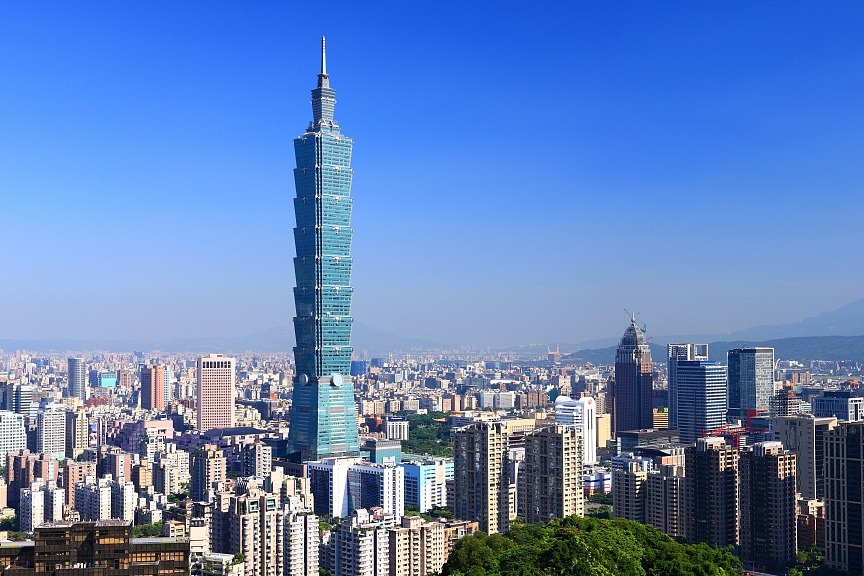US and its puppets' reaction to China's Maritime Traffic Safety Law reflects their supremacy mind-set


China's newly revised Maritime Traffic Safety Law (MTSL) took effect on September 1. Some of the new amendments have led to heated discussion in the West, especially the article that five types of foreign ships must report their detailed information upon their visits to Chinese territorial waters.
The five types of vessels include submersibles, nuclear vessels, ships carrying radioactive materials, ships carrying bulk oil, chemicals, liquefied gas and other toxic and harmful substances, as well as other vessels that might endanger China's maritime traffic safety.
The Pentagon called this new rule a "serious threat" to freedom of navigation and trade. Australian naval forces have decided to "challenge the law" by claiming that their vessels will continue to exercise freedom of navigation under international law. According to The Australian Financial Review, the head of the Australian Strategic Policy Institute, Peter Jennings, described China's latest move as an attempt to force other countries into a "de facto way acknowledge Chinese control" of the South China Sea.
In fact, China's new maritime regulations don't hinder freedom of navigation. Instead, they have special and important significance in building a rules-based global maritime order. They also seek to guide the maritime security in the Asia-Pacific region to healthy development and maintain the security of sea lanes in this region.
Among the five types of ships required to submit their information to the Chinese maritime administrations, submersibles and nuclear-powered ships are able to gather intelligence and pose a threat to the security of China's coasts. And ships carrying toxic and harmful substances may pose catastrophic pollution challenges to coastal states.
China's practice is a further clarification of the acts that are "prejudicial to the peace, good order or security of the coastal State" according to Article 19 of the United Nations Convention on the Law of the Sea. It helps reduce the differences and contradictions caused by different interpretations of some ambiguous concepts in the Convention, such as "innocent passage." It is also an important move to improve the international maritime order based on the rule of law.
In addition, the US has continued to conduct close surveillance of China in the South China Sea and other Asia-Pacific waters under the banner of "freedom of navigation." This is the primary reason why the regional security circumstance has been under high tension. China's new rules have clearly defined the boundaries and drawn a red line for the US in the Asia-Pacific waters. They will dissuade the US forces from conducting frequent close operations in the regional waters to test China's bottom line. This way, some factors that threaten regional security can be avoided.
There are two reasons why countries, including the US, are so sensitive to China's revision of the MTSL. On the one hand, countries like the US still believe in the concept of "maritime supremacy." They worry that with its rapidly growing economic and military power, China will gain the position as the dominant maritime power in the world. Therefore, almost habitual thinking and practice toward China has been formed in the West: When talking about China, they must talk about the sea. When talking about the sea, they must talk about the South China Sea. And when talking about the South China Sea, they have to mention the "China threat" theory.
On the other hand, Washington is concerned that the new restrictions for foreign vessels will diminish its ability to use its ships to gather intelligence and deter Beijing. Meanwhile, other countries, such as Australia, want to continue to get a "free ride" from the US. Thus, they support Washington's efforts to maintain global maritime supremacy and align with its maritime security strategy in the world.
The security situation is deteriorating in the East Asian waters, including the South China Sea, due to maritime disputes among certain coastal states and the geopolitical competition among major powers. In the face of that, the implementation of the revised MTSL reflects China's commitment to establish a rule-based maritime order.
If the US and its allies and partners "reject" the new MTSL, as Australia does, then conflicts inside and outside the region will be inevitable. However, this act of "challenging the law" stands to simultaneously undermine the seriousness of international law, China's interests and regional security. In other words, it will be a no-win contest. Therefore, the US and some other countries should abandon the principle that "might is right" and focus on the peaceful use of the sea, and the prosperity of global maritime trade.
The author is director of the World Navy Research Center at the National Institute for South China Sea Studies.


































